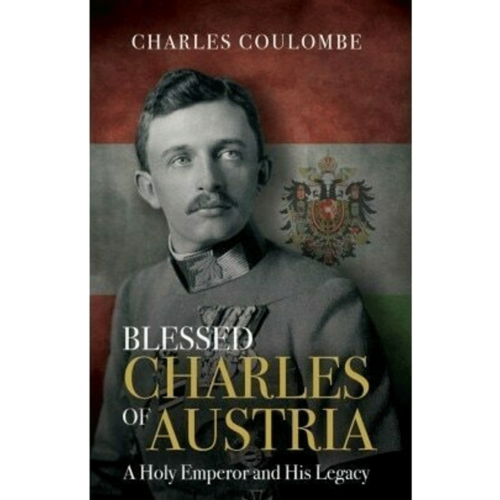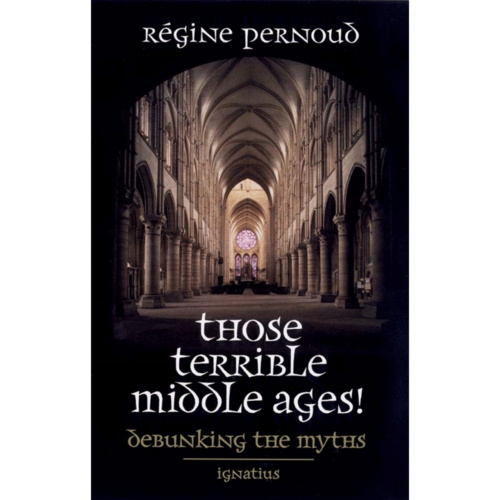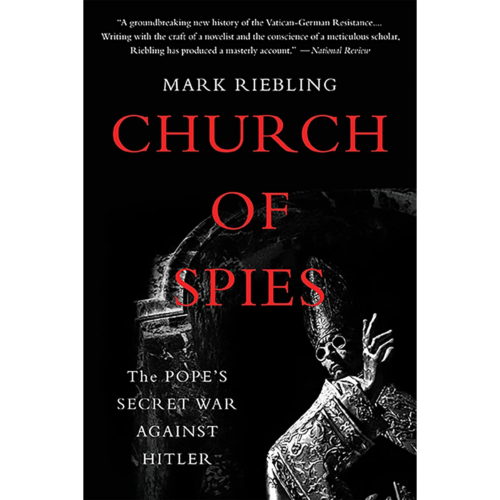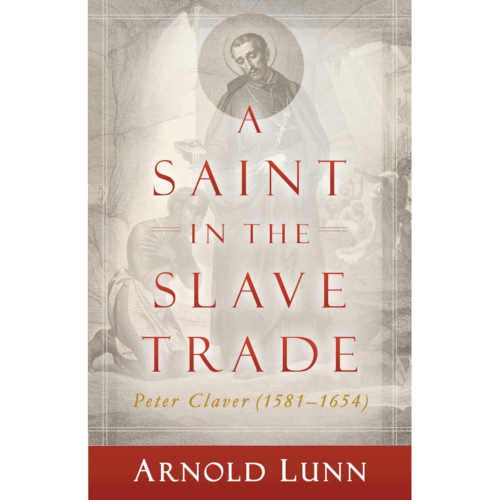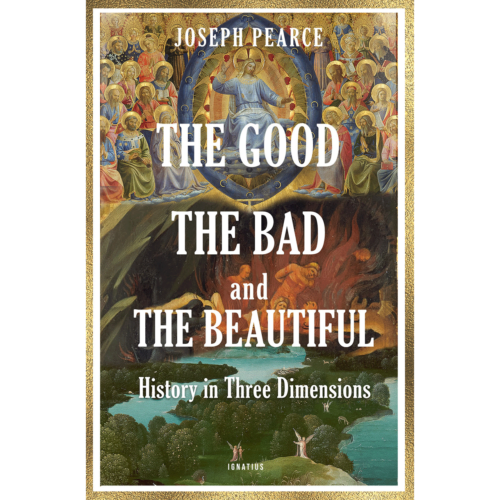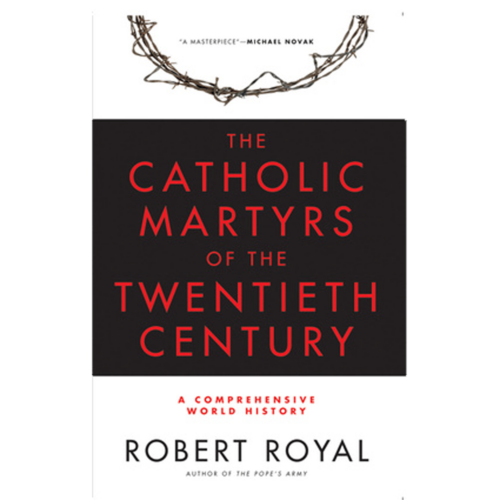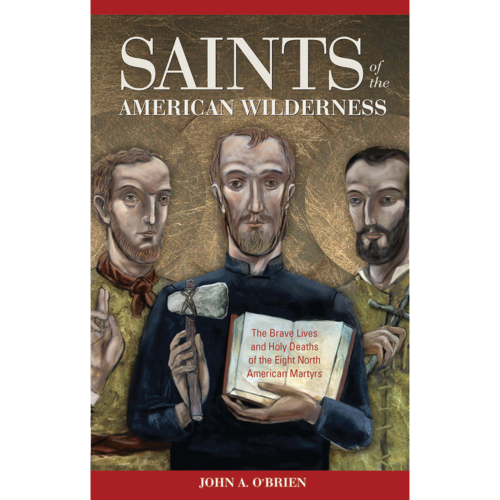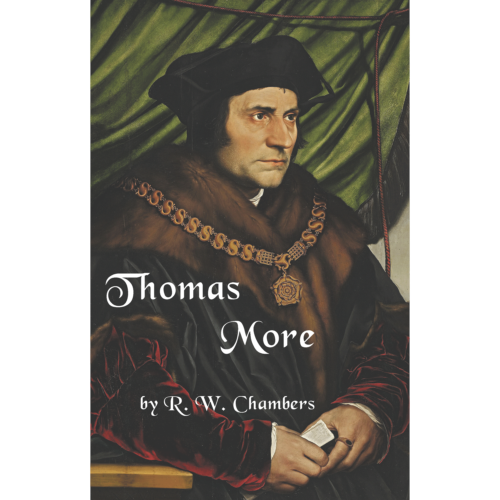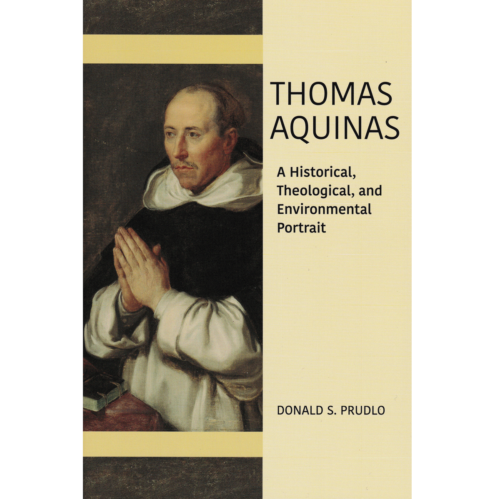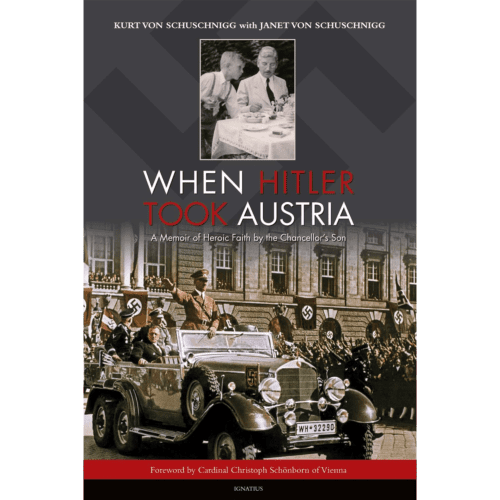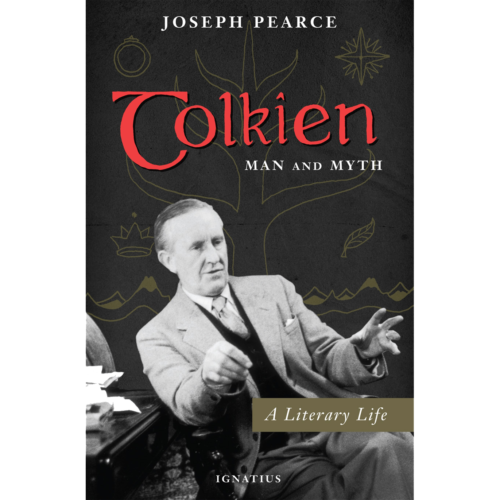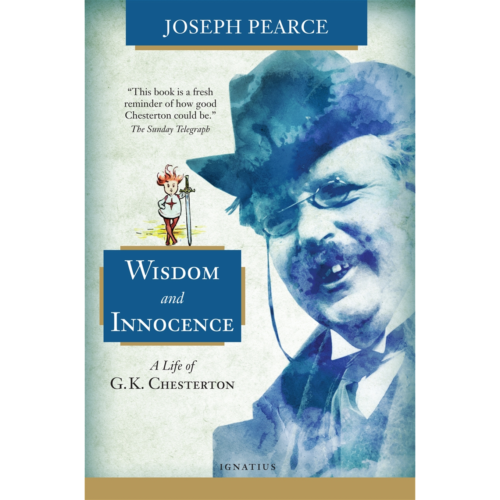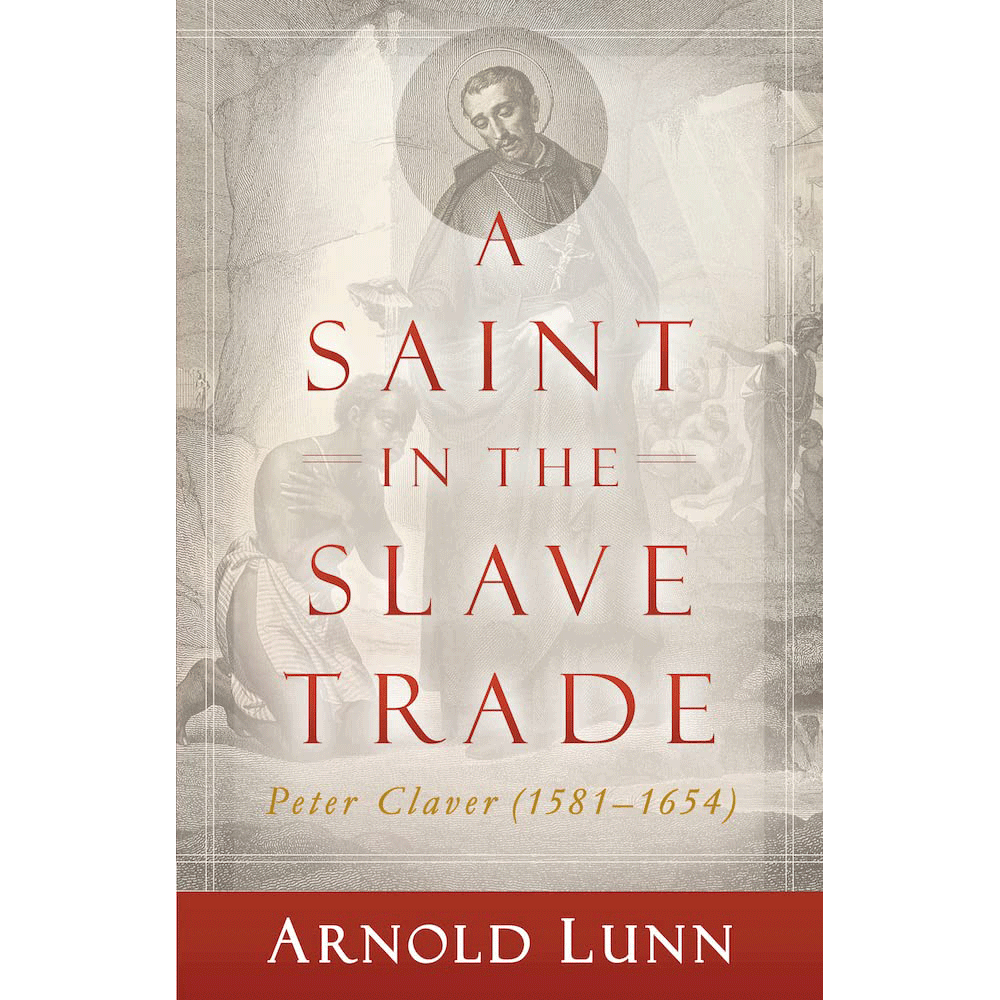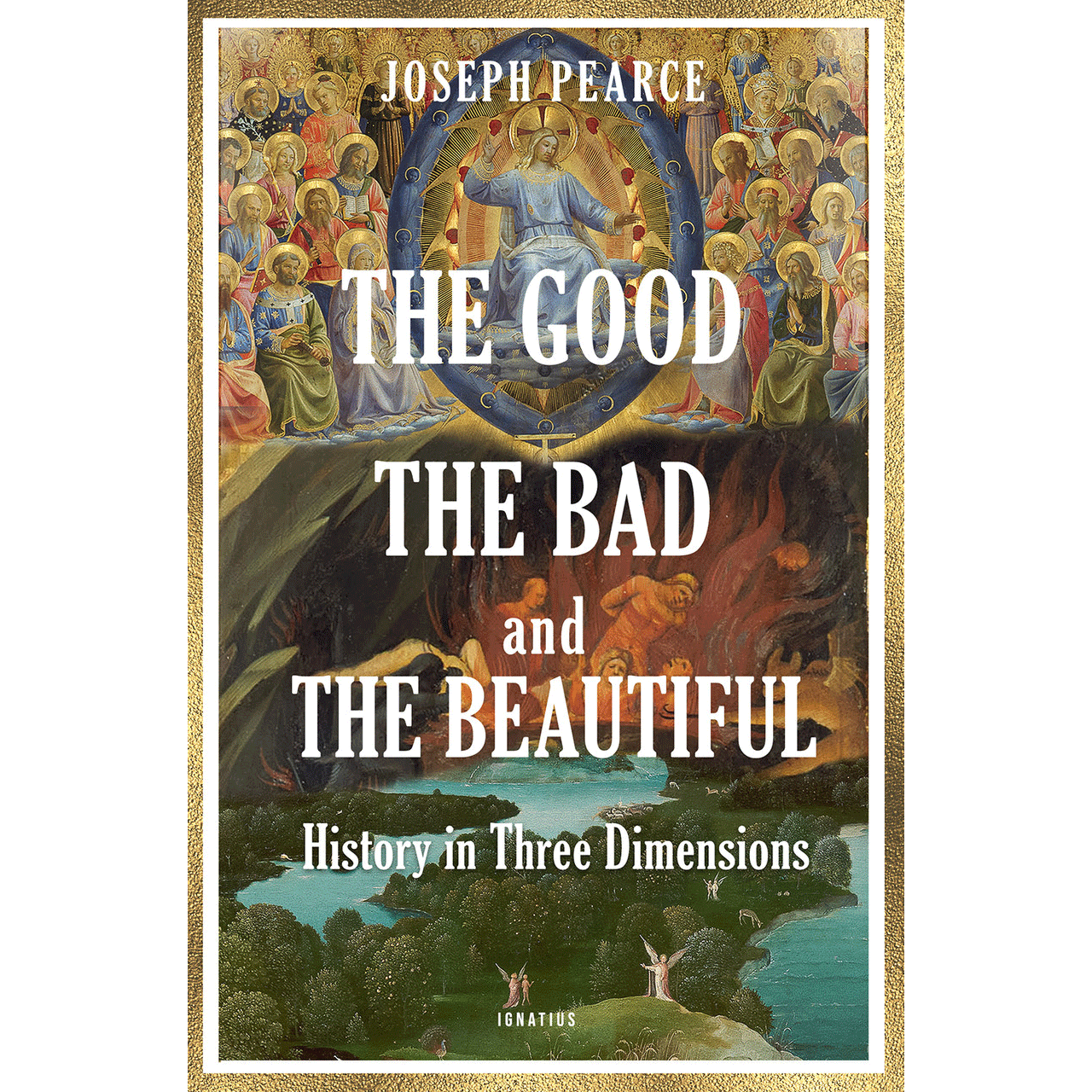Blessed Charles of Austria: A Holy Emperor and His Legacy tells the story of Karl or Charles Hapsburg, the last of the Holy Roman Emperors, who died in 1922 and was beatified in 2004.
Charles Coulombe expertly traces the idea of empire and Catholic monarchy throughout the centuries, as well as the lineage of both Charles and his wife, Zita of Bourbon-Parma, whose cause for beatification Clear Creek Abbey is promoting. Charles’s deep Catholic faith and devotion to his family come to the fore in the narrative, in addition to his skill and wisdom in statecraft and generalship.
From the foreword by Archduke Karl von Hapsburg, grandson of Blessed Karl:
Thinking about Blessed Emperor Karl, three principal roles of the man present themselves: the soldier, the politician, and the family man. The most astounding fact is that Emperor Karl excelled in all three areas. “Excelling” does not mean that he was successful in his endeavors but rather that he approached all of his roles with the best intent and carried out his duties under the influence of and guided by religious values. One of his guidelines was to seek God’s will in all and everything he was undertaking and to strive to fulfill it in the best possible way.”
“Reading will always accompany the meals of the brethren. The reader should not be the one who just happens to pick up the book, but someone who will read for a whole week, beginning on Sunday. Let there be complete silence. No whispering, no speaking–only the reader’s voice should be heard there.” – The Rule of St. Benedict, chapter 38

Other books previously read by the monks:
Blessed Charles of Austria: A Holy Emperor and His Legacy tells the story of Karl or Charles Hapsburg, the last of the Holy Roman Emperors, who died in 1922 and was beatified in 2004.
Charles Coulombe expertly traces the idea of empire and Catholic monarchy throughout the centuries, as well as the lineage of both Charles and his wife, Zita of Bourbon-Parma, whose cause for beatification Clear Creek Abbey is promoting. Charles’s deep Catholic faith and devotion to his family come to the fore in the narrative, in addition to his skill and wisdom in statecraft and generalship.
From the foreword by Archduke Karl von Hapsburg, grandson of Blessed Karl:
Thinking about Blessed Emperor Karl, three principal roles of the man present themselves: the soldier, the politician, and the family man. The most astounding fact is that Emperor Karl excelled in all three areas. “Excelling” does not mean that he was successful in his endeavors but rather that he approached all of his roles with the best intent and carried out his duties under the influence of and guided by religious values. One of his guidelines was to seek God’s will in all and everything he was undertaking and to strive to fulfill it in the best possible way.”
“Reading will always accompany the meals of the brethren. The reader should not be the one who just happens to pick up the book, but someone who will read for a whole week, beginning on Sunday. Let there be complete silence. No whispering, no speaking–only the reader’s voice should be heard there.” – The Rule of St. Benedict, chapter 38



